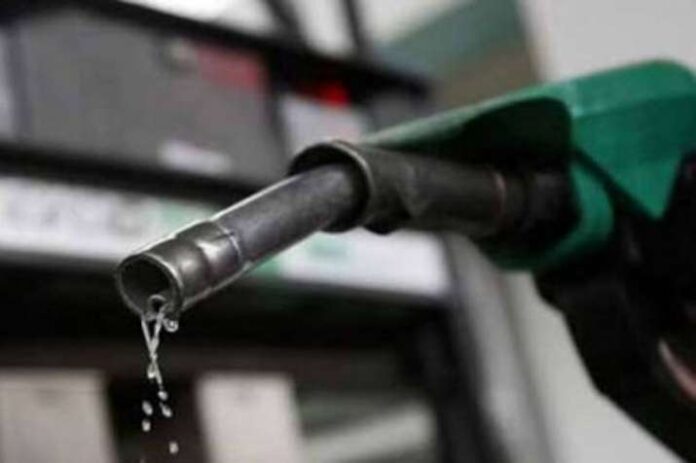The Independent Petroleum Marketers Association of Nigeria (IPMAN) has revealed that the price of Premium Motor Spirit (PMS), commonly known as petrol, may drop to around ₦800 per litre in the coming days.
This was disclosed by IPMAN spokesperson, Mr. Chinedu Ukadike, who said the expected price reduction is linked to improved supply and the recent partnership between petroleum marketers and the Dangote Refinery.
Currently, fuel prices in Lagos and Abuja range between ₦875 and ₦910 per litre. But with Dangote Refinery’s entry into the local supply chain and its ongoing distribution through major fuel outlets like MRS and the Nigerian National Petroleum Company Limited (NNPCL), prices are beginning to drop.
Ukadike noted that Dangote Refinery has reduced the price of petrol to between ₦875 and ₦895 at selected outlets, prompting expectations of further decreases if the same pricing is extended to all marketers.
He urged the refinery to sell at the same rate to all petroleum marketers, not just a select few.
“Whatever yardstick Dangote Refinery is using to sell to NNPCL, MRS, and others, he should also use the same for all marketers,” he said.
According to him, equal access to fuel at lower prices would encourage competition, stabilize supply, and lead to further price reductions across the country.
Ukadike also explained that petrol pricing in Nigeria is no longer controlled by government regulation but driven by market forces of demand and supply**.
“Price modulation is no longer done by the government. It is now based on market demand and supply,” he said.
He added that as prices drop, more motorists will be able to afford petrol, which could increase daily fuel consumption.
“Now that petrol is nosediving to ₦800 per litre, the volume of consumption will go high because motorists who demand it will increase,” Ukadike said.
He stressed that fuel pricing remains a key factor in determining national consumption patterns.
Nigeria fully removed fuel subsidies in 2023, a decision that led to sharp increases in fuel prices nationwide. The move, announced by President Bola Ahmed Tinubu, was aimed at saving government funds and encouraging private investment in the downstream sector.
Following the subsidy removal, local refineries, including the much-anticipated Dangote Refinery, were expected to play a major role in reducing the country’s reliance on imported fuel and in stabilizing prices.
The Dangote Refinery, located in Lagos, is the largest single-train refinery in the world, with a capacity of 650,000 barrels per day. Its gradual integration into the local market is now seen as a game-changer in Nigeria’s fuel pricing and distribution system.
If the refinery can continue supplying fuel at reduced rates and extend these rates to independent marketers, Nigerians may soon experience further relief at the pump.

